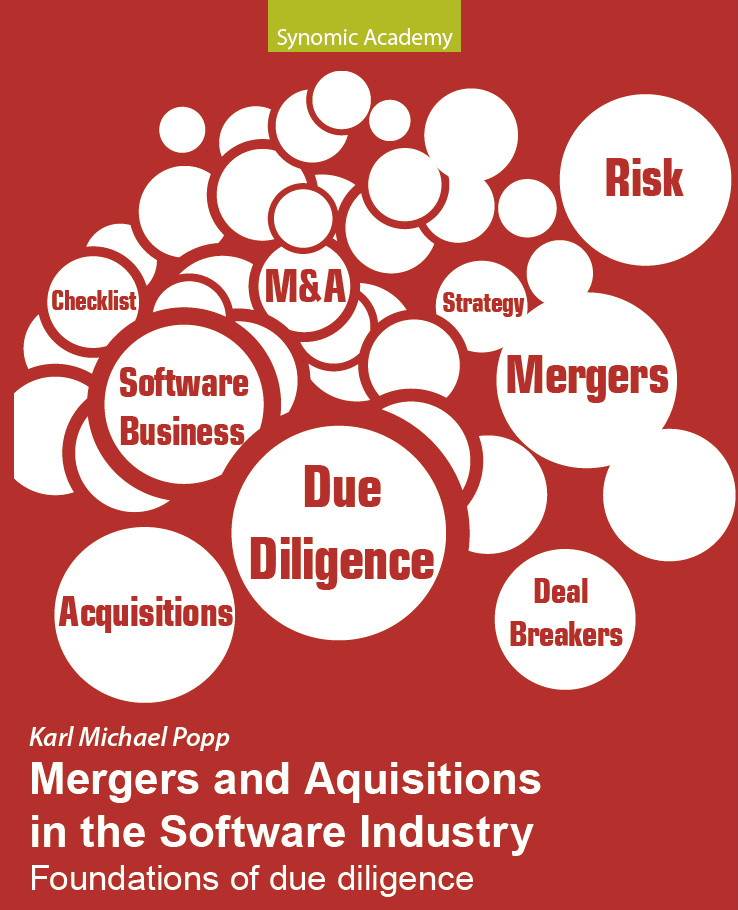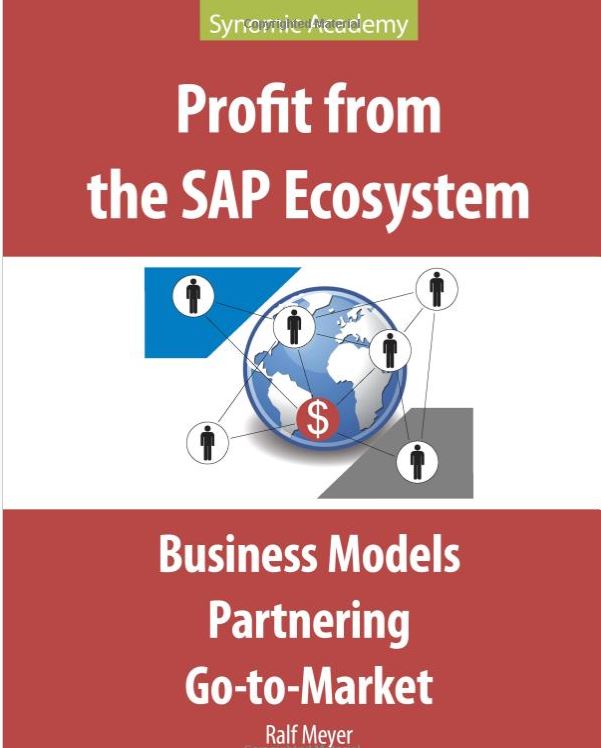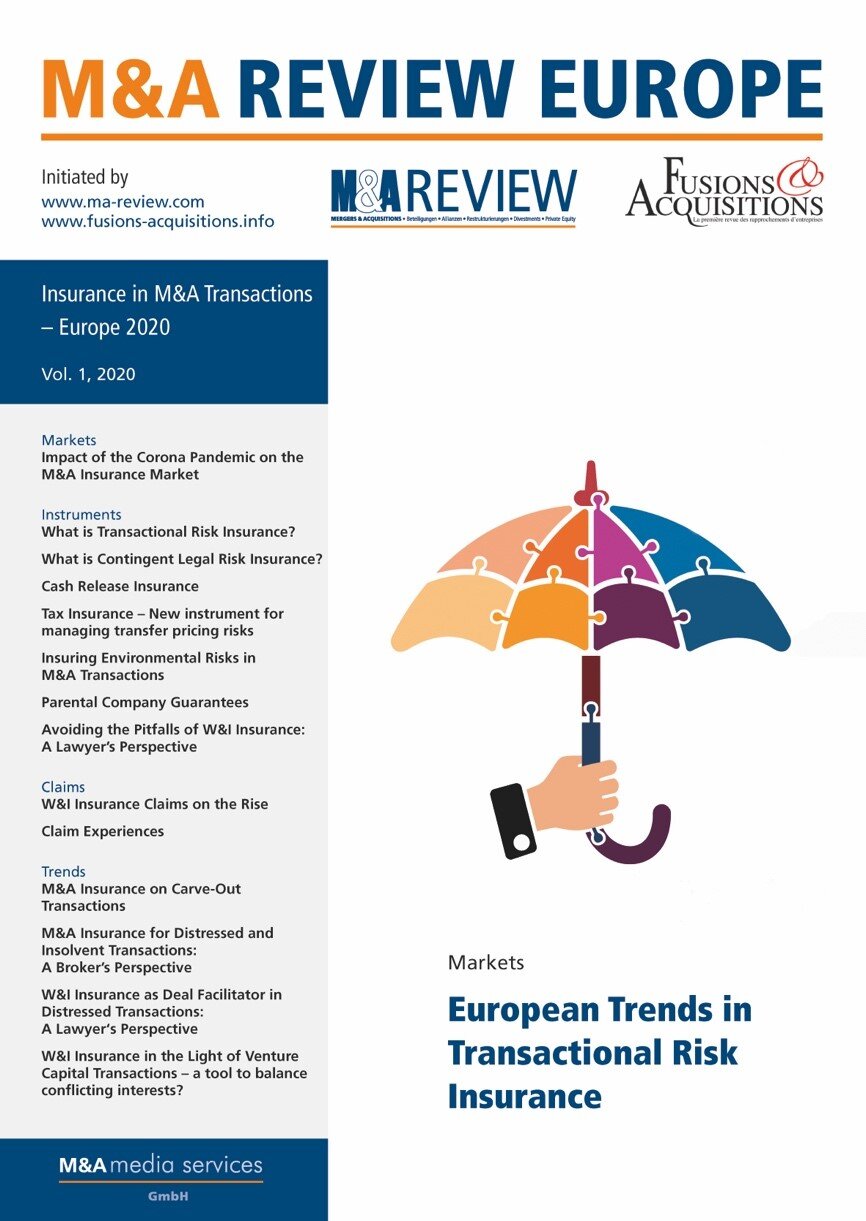Using predictive modeling for the win in mergers and acquisitions
This blog post covers the importance of predictive modeling in mergers and acquisitions, highlighting its impact on target identification, risk assessment, negotiation, and post-merger integration.
Mergers and acquisitions (M&A) have always been a critical strategy for companies looking to expand their reach, streamline operations, or gain a competitive edge. However, the intricate nature of these transactions often leaves room for uncertainty and risk. Enter predictive modeling – a game-changer that is revolutionizing the way M&A activities are approached and executed. With the power of predictive analytics, businesses can now make data-driven decisions, mitigate potential pitfalls, and increase the odds of a successful merger or acquisition.
Gone are the days of relying solely on gut instincts and intuition. Predictive modeling leverages advanced statistical algorithms and techniques to analyze historical data, industry trends, market conditions, and a plethora of other relevant factors. By applying these insights, companies gain valuable foresight into the outcome of their M&A endeavors.
One of the primary advantages of predictive modeling is aiding in target identification. Traditional M&A deals often involved choosing potential candidates based on surface-level financial data. However, this approach could lead to missed opportunities or mismatched synergies. Through predictive modeling, businesses can now dig deeper into the data and identify key indicators that signal compatibility and growth potential. By understanding the industry landscape, market forces, and past M&A performance, predictive modeling helps identify the most suitable targets for a successful integration.
Like my thoughts? READ MY NEW BOOK
ORDER AT AMAZON
ORDER IN GERMANY
Furthermore, predictive modeling plays a vital role in risk assessment and due diligence. As every M&A transaction carries inherent risks, it is crucial to evaluate and quantify these risks before moving forward. Predictive analytics provides insights into potential synergies, operational challenges, culture clashes, and industry-specific risks. Armed with this information, businesses can develop strategies to minimize and address these risks effectively, ensuring a smoother transition and maximizing the chances of post-merger success.
The benefits of predictive modeling extend beyond pre-transaction stages. During the negotiation phase, predictive analytics can assist in financial valuation, determining fair pricing, and optimizing deal structures. By evaluating various scenarios and simulations, companies can negotiate from a position of knowledge and make informed decisions that maximize value for all parties involved.
Post-merger integration is often the most crucial and challenging phase of any M&A transaction. This is where predictive modeling continues to demonstrate its value. By analyzing historical performance data, customer behavior patterns, and market dynamics, companies can develop comprehensive integration strategies. This enables smoother alignment of processes, systems, and cultures, which in turn enhances the chances of achieving the anticipated synergies and delivering post-merger value.
In summary, predictive modeling has emerged as an indispensable tool in the world of mergers and acquisitions. By leveraging data-driven insights, businesses can significantly enhance the likelihood of a successful M&A transaction. From target identification to risk assessment and post-merger integration, predictive modeling offers a competitive advantage by mitigating risks, identifying opportunities, and maximizing value. As the landscape of M&A continues to evolve, companies that embrace predictive modeling are poised to unlock success and navigate the complex M&A landscape with confidence.
Stay tuned for our upcoming posts, where we delve deeper into each of these areas and explore the various tools and techniques used in predictive modeling for M&A success.
Like my thoughts? READ MY NEW BOOK
ORDER AT AMAZON
ORDER IN GERMANY









